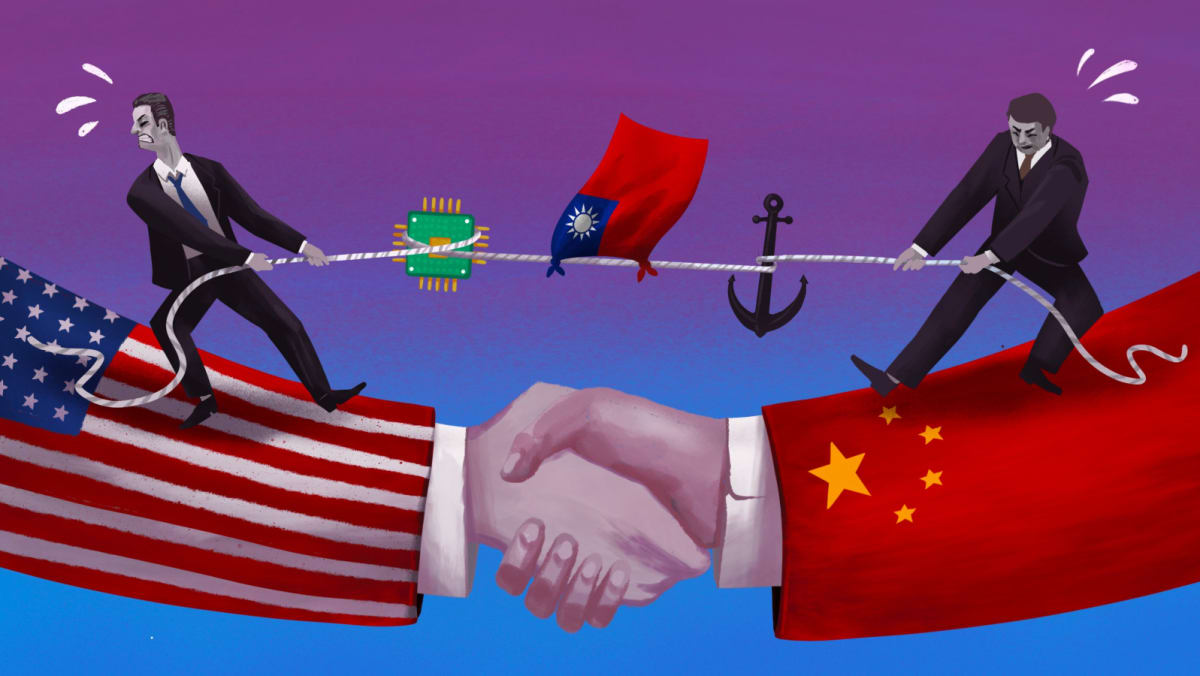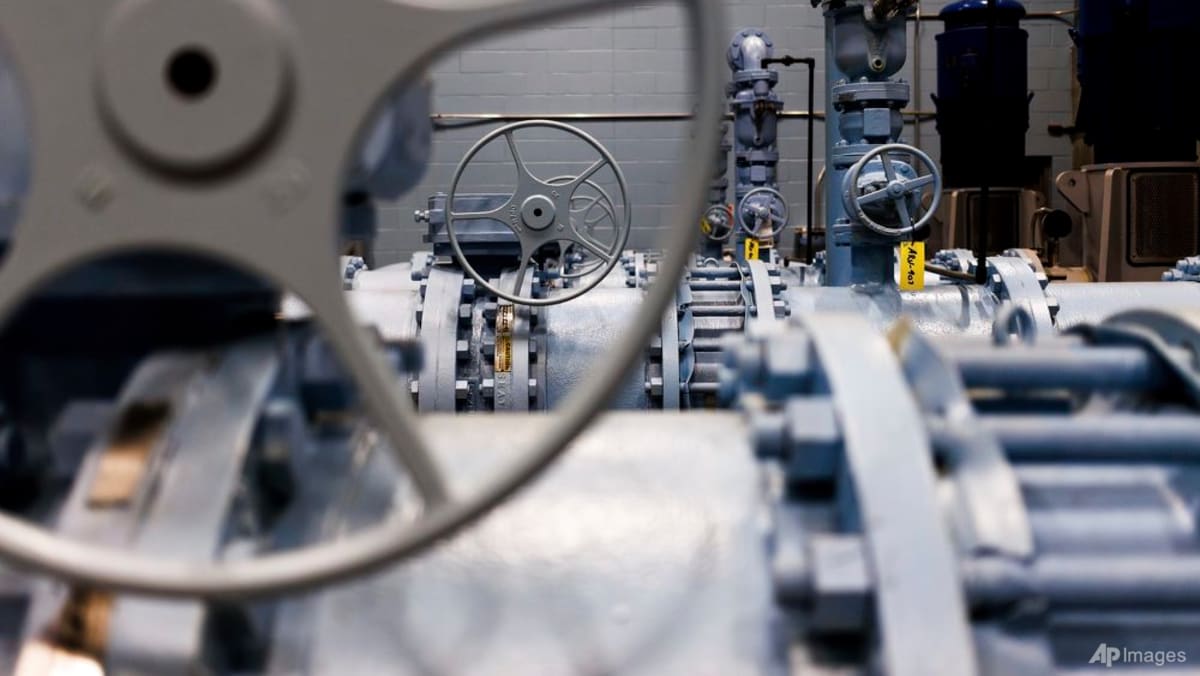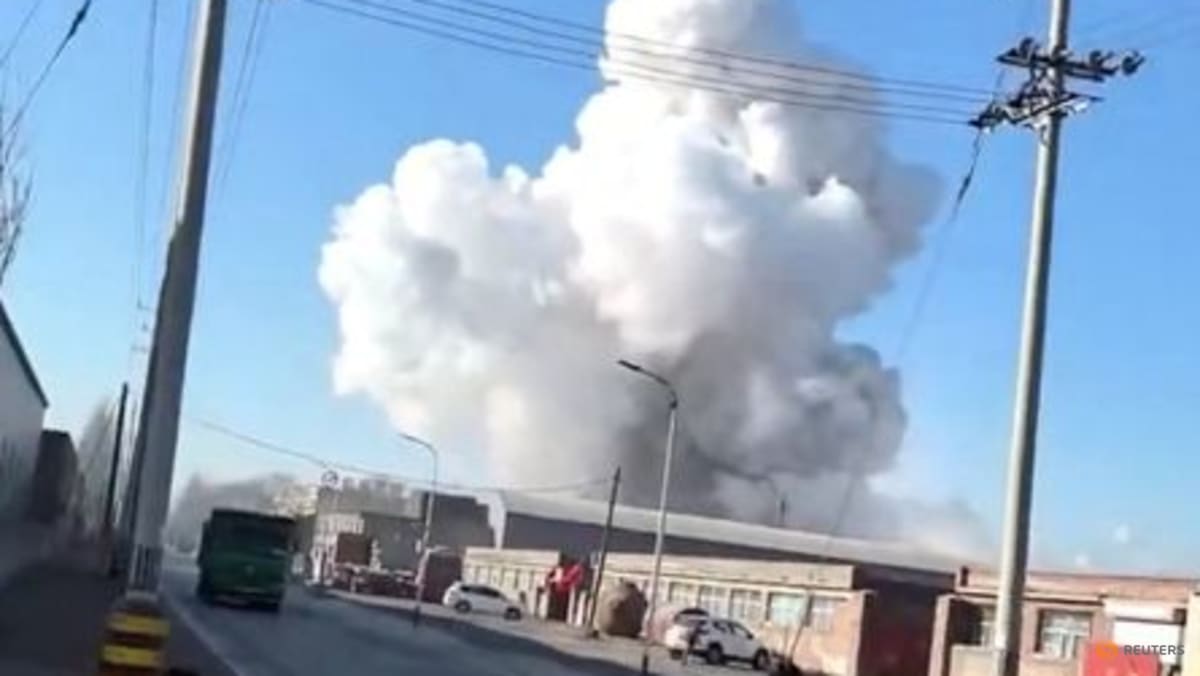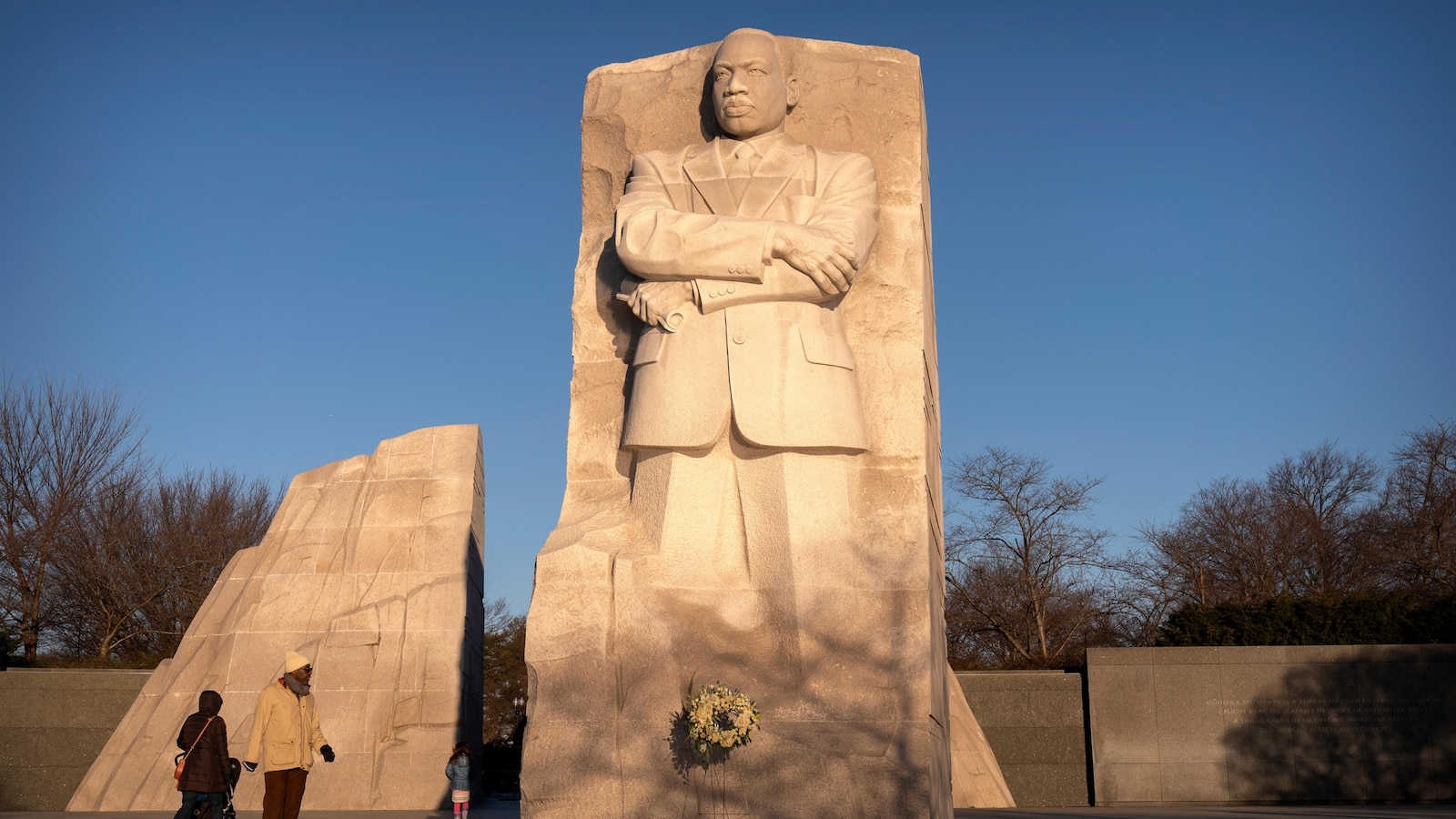Can warmer ties overcome the deepening divide in China-US relations?

Zhu Feng, executive dean of the school of international studies at Nanjing University, said the next US presidential election cycle could add more uncertainties to the Taiwan issue, potentially doing further harm to ties.
“It might further ignite tensions in China-US relations [if US] figures across various levels were to fervently hype up the Taiwan issue in pursuit of their own political interests, which warrants high attention,” Zhu said.
With high-stakes Taiwanese presidential and legislative elections also a mere seven months away, international relations professor Da Wei said he expected both Washington and Beijing to handle the issue cautiously as they worked to stabilise their relationship.
But both sides had previous successes in managing the aftermath of Taiwanese and US elections, said Da, from Tsinghua University in Beijing.
“There were times when both sides were in a far more dangerous place than they are now, but they were able to manage reasonably well,” he said. “What everyone thinks is dangerous might not be very dangerous as everyone would be careful.”
Da said the biggest risk to the relationship was likely to be another “significant accident”, like the alleged Chinese surveillance balloon – an event that was hard to anticipate, but with potentially devastating consequences.
A recent encounter between a Chinese fighter jet and an American surveillance plane over the South China Sea, as well as a near-collision between warships in the Taiwan Strait, saw Beijing and Washington trading blame for the close calls.
The bilateral rift on the military front appeared to widen at last week’s Shangri-La Dialogue in Singapore last week. Both sides pointed fingers at each other over China’s rejection of a meeting between Defence Minister Li Shangfu and US Defence Secretary Lloyd Austin.
In his speech to the defence conference, Li accused “some big power” of creating divisive alliances, bullying other nations, spurring an arms race and seeking to contain China with its support for Taiwan.
Li also pledged that the PLA “will not hesitate for a second” to move on Taiwan if necessary.
Another possible flashpoint is the South China Sea, where Beijing has territorial disputes with some of its neighbours and the US has stepped up its “freedom of navigation” exercises, often in concert with its allies.
The US recently gained access to four more military bases in the Philippines, including some facing the South China Sea and Taiwan. And this month coastguards from the US, Japan and the Philippines launched their first joint exercises in the contested waterway.
China has long stressed that the US is not a party to the South China Sea dispute, while Washington criticises Beijing for “continued infringement” upon its freedom of navigation crossings.
Nanjing University’s Zhu said the South China Sea issue had become quite “fragile”, with a significant factor the continuing increase in US intervention and its rallying of allies to push for military precautions against Beijing.
“The South China Sea issue is an important area where China and the US truly need to maintain communication and dialogue,” he said.
But the rift over the disputed waterway is just part of a broader contention and competition between the two countries.
China’s rise to challenge US technological dominance has made it a serious competitor in some of the most advanced technologies, including artificial intelligence, 5G, quantum information science and semiconductors.
Dennis Wilder, a senior fellow for the Initiative for US-China Dialogue on Global Issues at Georgetown University, said technology was the “battleground” for the 21st century because of the profound effects of emerging technologies on everything from war to jobs.
There had always been many tactical issues in the relationship, Wilder said. “The question is whether the US and China can come to some 30,000-foot overall understanding of the future trajectory of relations.”
If that occurred, other issues – such as Taiwan and human rights – would be far more manageable, he said.
“But intense competition is here to stay. The trick is to find mechanisms for managed competition that does not become a cold or even hot war.”
Trump-era additional duties on Chinese products worth hundreds of billions of dollars remain in place.
Meanwhile, the Biden administration has pursued an industrial strategy to diversify supply chains in areas such as clean energy, electric vehicles and semiconductors.
This has included limiting exports of advanced chips and chip-making equipment from the US and other industrial giants in the Netherlands and Japan.
Washington has also blacklisted more than 1,000 – and counting – Chinese entities on multiple grounds, from ties to military end users in Russia through human rights concerns in Xinjiang to the fentanyl public health crisis in the US.
Beijing deems such restrictions as “all-around containment, encirclement and suppression of China” by US-led Western countries, as Chinese president Xi Jinping put it in March.
The US has recently aligned its rhetoric with its allies, noting it is looking to de-risk and diversify from the Chinese economy, but not to decouple – a term that emerged during the Trump administration’s trade war with China.
But to Beijing, the two are essentially the same. “De-risk is decouple in disguise,” said one commentary circulated by state news agency Xinhua.
And Beijing’s ban on the sale of Micron Technology products in China over security concerns has only added to signs of an enduring hi-tech war between the two countries.
McElwee from the CSIS said the US had several trade and technology actions vis-à-vis China in the pipeline, such as an outbound investment screening mechanism and further export controls.
She said she did not anticipate that the trade and technology actions already on foot to be shelved in the name of advancing bilateral cooperation in other areas.
Still, she said she also expected to see a renewed emphasis from Washington on improving economic ties in less sensitive sectors, as well as cooperation to address critical shared challenges.
“There is clearly some scepticism in Beijing about US outreach however, so it will be interesting to watch how this unfolds,” McElwee said.
Under current circumstances, the best people could hope for was a “new normal” in the relationship, where critical channels of communication remained resilient and could be “walled off”, said Shullman from the Atlantic Council.
This would help the two countries “manage the inevitable resurfacing of tensions over the issues … such as Taiwan, tech competition, human rights, China’s support for Russia, and more – and head off potential crises”.
“The risks are too great to do otherwise,” Shullman said.
Zhu, from Nanjing University, said recent interactions between Beijing and Washington showed a need for “reconfiguration” in bilateral ties, while China’s stance was unequivocal that dialogue should not be conducted for its own sake, but must be reciprocal.
“Chinese feel it’s not right that the US only discusses issues that concern them while ignoring the issues that China is concerned with,” Zhu said.
This article was first published on SCMP.
Source: CNA















